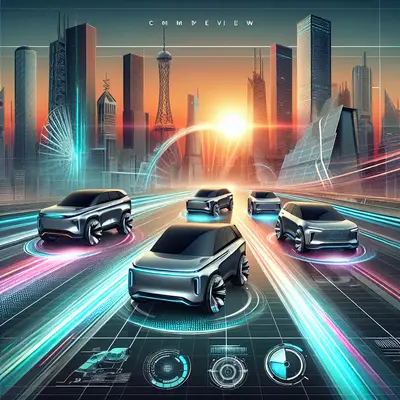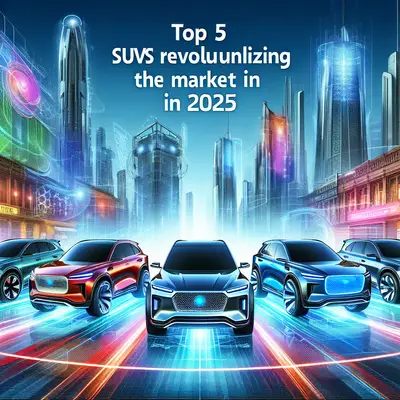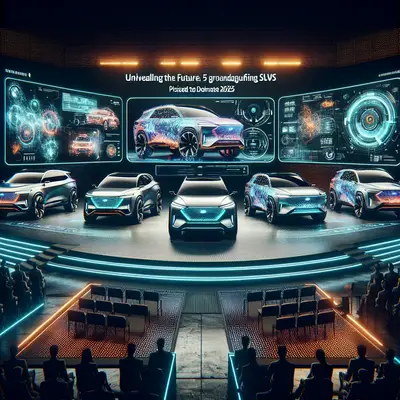1. Electric Powertrains
The growing popularity of electric vehicles (EVs) is no secret, and SUVs are joining the movement. The electric powertrain, which replaces the traditional internal combustion engine, is not only environmentally friendly due to zero emissions but also offers an unparalleled driving experience with instant torque and smooth acceleration. Manufacturers like Tesla with their Model X and Audi with the e-Tron are setting new standards in the electric SUV market.
2. Solar-Powered SUVs
Solar power in vehicles is an exciting development to watch out for. While still in the early stages, some SUVs are beginning to incorporate solar panels into their designs. These panels, often embedded in the roof, can help to charge the vehicle's battery, extend its driving range, and power onboard systems, thus reducing reliance on the grid and saving energy.
3. Regenerative Braking Systems
Regenerative braking systems have become a key feature in many electric and hybrid SUVs. This innovative technology captures and converts the kinetic energy generated during braking into electric power, which is then stored in the battery for later use. This not only increases the vehicle's energy efficiency but also enhances its driving range.
4. Eco-Friendly Interiors
Sustainability in SUVs is not limited to under the hood. Many manufacturers are now focusing on eco-friendly interiors, using recycled or sustainable materials for seat covers, floor mats, and other interior components. For instance, Ford's Escape Hybrid uses soy-based foam in its seats, while the BMW i3 incorporates recycled plastics and renewable materials like eucalyptus wood in its cabin design.
5. Biofuel Compatibility
While electric power is gaining traction, biofuels represent another eco-friendly alternative for SUVs. Biofuels, made from organic materials like plant oils or recycled cooking grease, produce fewer emissions than traditional fossil fuels. Some SUVs are being designed with engines compatible with these biofuels, offering a more sustainable option for those not ready to make the full switch to electric.
Conclusion
As we move forward, the trend toward greener SUVs is expected to accelerate. The innovations listed above are just a snapshot of the exciting developments we can look forward to in 2025. These eco-friendly advancements promise not only to reduce the environmental impact of SUVs but also to enhance their performance, efficiency, and appeal to the modern, environmentally-conscious consumer.



